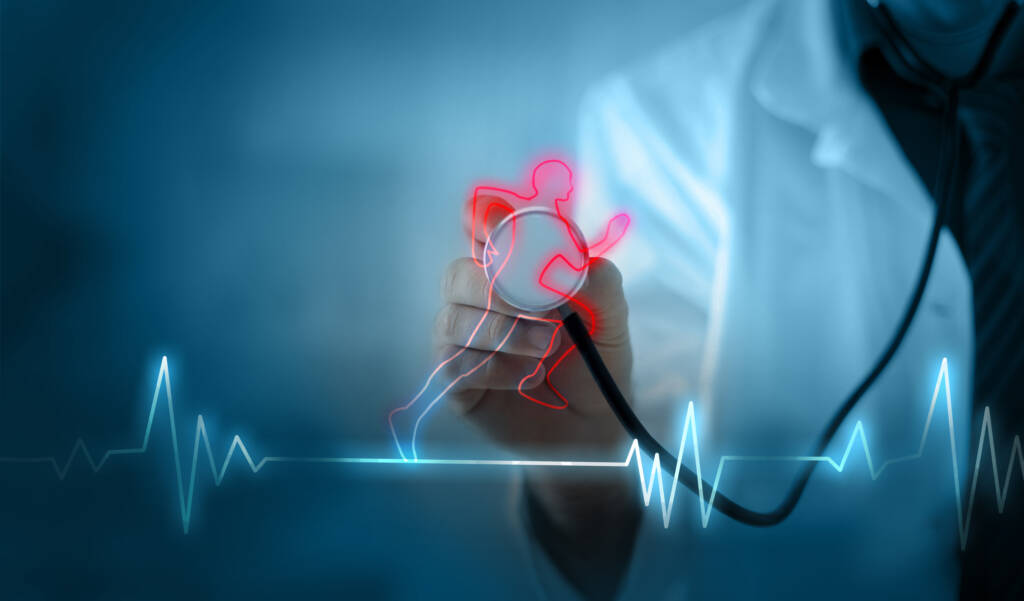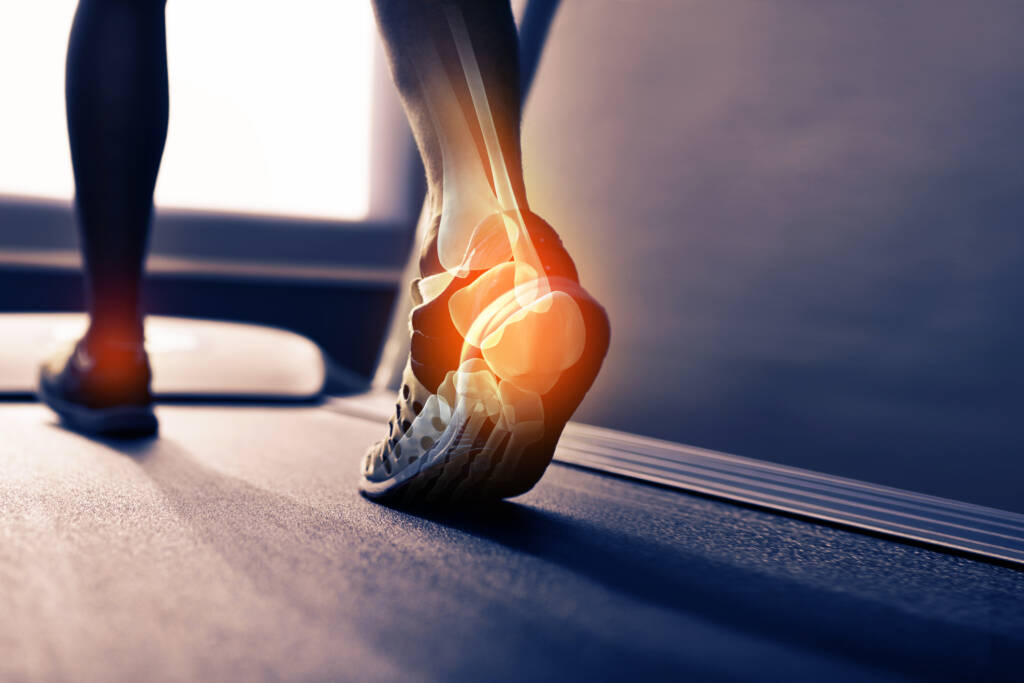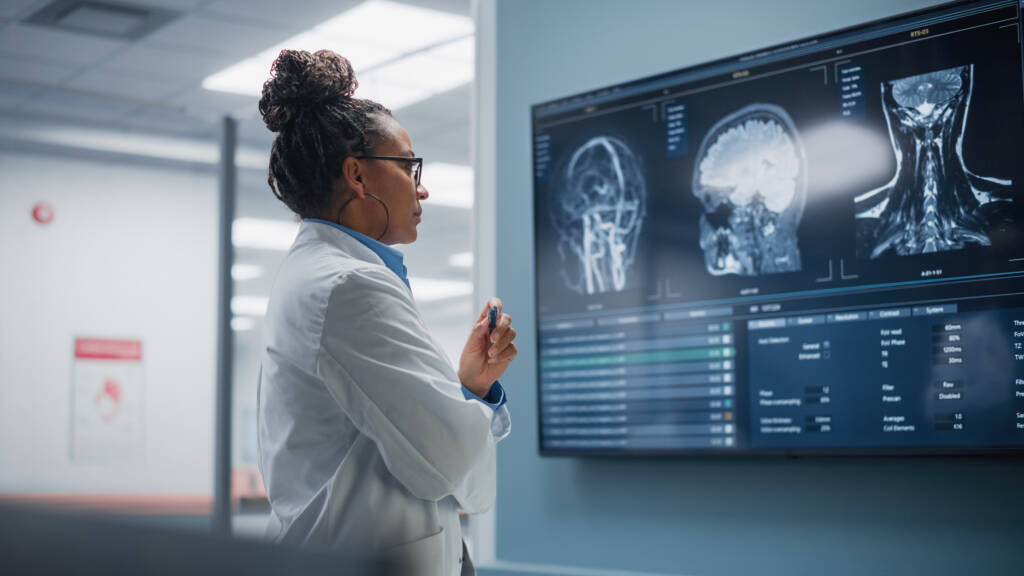
Exercise Science

This course takes an in-depth examination of the effects of exercise on the body. Through this course, students will learn basic anatomy, biomechanics, and physiology, as well as proper principles and techniques to design an effective exercise program. The study of nutrition and human behavior will also be integrated into the course to enhance the student’s comprehension of this multifaceted subject.
This course is one of our Career Exploration offerings. During this course, you will learn career-related skills and earn a badge for this accomplishment. A badge is a digital certification of your career-related learning that you can share on social media and higher education platforms, or with colleges, potential employers, peers, and colleagues. Select this link to learn more about badges.
This course includes assignments that ask students to count calories which can be emotionally challenging and may be triggering for some individuals. Please let your instructor know if this is the case for your student, and the assignment will be modified or excluded.
Major Topics and Concepts
Segment 1:
- Unit 1: Intro to Exercise Science
- Unit 2: Body Systems
- Terminology
- Skeletal & Muscular Systems
- Respiratory & Cardiovascular Systems
- Unit 3: Exercise Physiology
- Energy Systems
- Muscle Physiology
- Gender Differences
- Unit 4: Biomechanics & Safety
- Biomechanics
- Exercise Safety & Injury Prevention
- Unit 5: Exercise Programming
- Exercise Programming
- Components of Physical Fitness
- Unit 6: Mind & Body
- Exercise Psychology
- Sports Nutrition
- Unit 7: Exercise Considerations
- Exercise Programming Considerations
- Special Populations
Competencies
Biomechanics and Safety
Students will demonstrate an understanding of biomechanics and safety by explaining biomechanics and describing exercise safety.
Body Systems
Students will demonstrate an understanding of body systems by describing the skeletal system, describing the muscular system, describing the respiratory system, and describing the cardiovascular system.
Exercise Physiology
Students will demonstrate an understanding of exercise physiology by describing energy systems, explaining muscle physiology, and describing gender differences in physical activity.
Exercise Programming
Students will demonstrate an understanding of exercise programming by explaining elements of an exercise program and describing components of physical fitness.
Exercise Programming Considerations
Students will demonstrate an understanding of exercise programming considerations by describing exercise program design factors and describing exercise program considerations.
Exercise Science
Students will demonstrate an understanding of exercise science by summarizing the history of physical fitness and describing careers in the health profession.
Mind and Body
Students will demonstrate an understanding of mind and body by explaining exercise psychology and describing sports nutrition.
